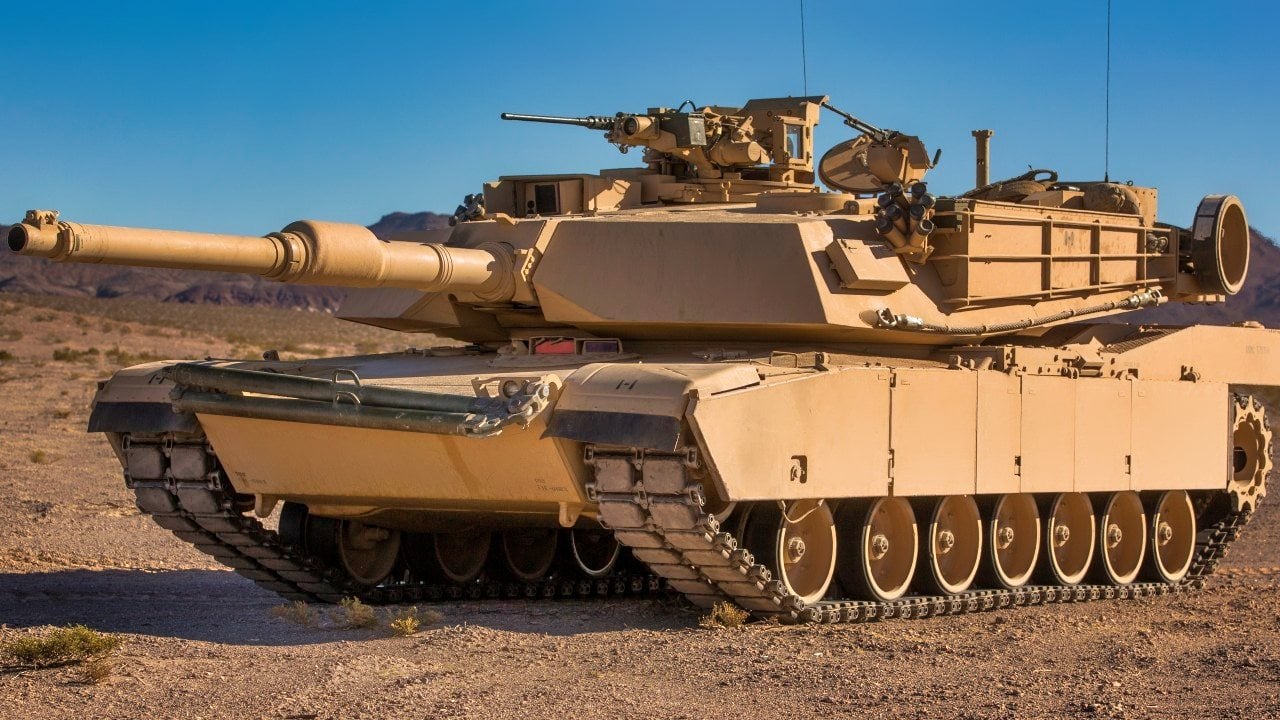Summary and Key Points: History offers lessons that leaders often ignore, as shown by Nazi Germany’s failure to heed past conflicts and invasions of Russia. Today, concerns about a potential U.S.-China war in the Indo-Pacific may be mitigated by China’s demographic challenges and historical lessons.

-In contrast, Russia’s history of victories and desire to regain lost territory heightens the risk of conflict in Europe. Russian President Vladimir Putin sees the dissolution of the Soviet Union as catastrophic and aims to reclaim former Soviet lands, increasing tensions with NATO.
-The war in Ukraine may persist as long as Putin remains in power, with his potential demise offering a glimmer of hope for peace.
Lessons Ignored: Why History Warns Against War with Russia
History is not only a record of the past, but also a guide for future decisions. This is why accidents are carefully studied, so that their causes can be determined and avoided in the future. Yet when it comes to conflict, leaders often fail to heed history’s lessons.
Nazi Germany should have seen from history that it couldn’t win a major war in Europe, especially if America entered the conflict. Likewise, many an invader has failed to look to the past to see how difficult it is to defeat Russia, given its vast territory.
Today, there is very real concern that the United States is headed toward a war with China in the Indo-Pacific, but this isn’t so inevitable. Population decline in China, its lack of major allies, and the fact that it likely understands that Japan failed to win a prolonged conflict in the region, could be enough to keep Beijing from risking a ruinous war.
The situation in Europe is vastly different.
Russia has been on the winning side of numerous wars. Moscow has defeated several NATO members in open conflict, including Germany, France, Poland, Romania, Hungary, Sweden, and Finland. Though the United States and Russia have never technically been at war, the Bolshevik Red Army did come out on top during the Russian Civil War while the U.S. supported the defeated White Army.
During the Cold War, Washington and Moscow supported different sides in numerous proxy wars – with some victories for each side. Though it is true that the West “won” the Cold War, Russian President Vladimir Putin truly believes the dissolution of the Soviet Union to be one of the largest geopolitical catastrophes of the 20th century.
A Direct Conflict with NATO – Ukraine as the Tinderbox?
Earlier in June, Putin warned that Moscow would see the use of Western-supplied weapons against targets in Russia as an aggressive act, and said Moscow could supply long-range weapons to other nations in turn.
“If they consider it possible to deliver such weapons to the combat zone to launch strikes on our territory and create problems for us, why don’t we have the right to supply weapons of the same type to some regions of the world where they can be used to launch strikes on sensitive facilities of the countries that do it to Russia?” Putin explained.
The sentiments were shared by Russian Security Council Deputy Chairman Dmitry Medvedev.
“And let the use of Russian weapons in the so far unidentified ‘regions’ be as devastating as possible for their and our adversaries. Let ‘the sensitive facilities of countries providing weapons to Ukraine’ burn in hellfire, along with those who operate them,” Medvedev said. “As for us, we will rejoice in the successful strikes involving our weapons against our common enemies.”
The question, of course, is which nations do Putin and Medvedev plan to arm?
As previously reported, it would be unlikely that Iran, North Korea, Syria, or any other Russian ally or client state would dare utilize long-range weapons to conduct a strike. Such an action would certainly lead to that nation’s destruction.
Russia Wants to Regain “Lost Territory”
As NATO has laid out on its website, it has no intention to engage Russia in a war – and it remains a defensive organization. Putin, not surprisingly, sees it differently.
But as noted, the Russian leader has maintained that he views the dissolution of the Soviet Union as a disaster. Along with Russian propagandists Putin shares a serious desire to see it regain “lost territory” that includes sovereign nations beyond Ukraine.

Just earlier this year, Putin compared himself to Tsar Peter the Great, who successfully expanded Russia’s borders.
Thus a war is only likely if Moscow pushes the issue.
Can Russia Accept a Defeat in Ukraine?
The final consideration may come down to whether Putin, the Russian propagandists, and the rest of the regime in the Kremlin can accept a loss in Ukraine. The fact remains that Putin cannot afford to lose the war – a loss results in his downfall.
Thus, the sad reality may be that the war continues at least as long as Putin lives. His health has long been in question, so the hope for peace may rest on Russia’s leader dying sooner than later.
Author Experience and Expertise: Peter Suciu
Peter Suciu is a Michigan-based writer. He has contributed to more than four dozen magazines, newspapers, and websites with over 3,200 published pieces over a twenty-year career in journalism. He regularly writes about military hardware, firearms history, cybersecurity, politics, and international affairs. Peter is also a Contributing Writer for Forbes and Clearance Jobs. You can follow him on Twitter: @PeterSuciu. You can email the author: [email protected].
From the Vault
Russia Freaked Out: Why the U.S. Navy ‘Unretired’ the Iowa-Class Battleships
Battleship vs. Battlecruiser: Iowa-Class vs. Russia’s Kirov-Class (Who Wins?)
